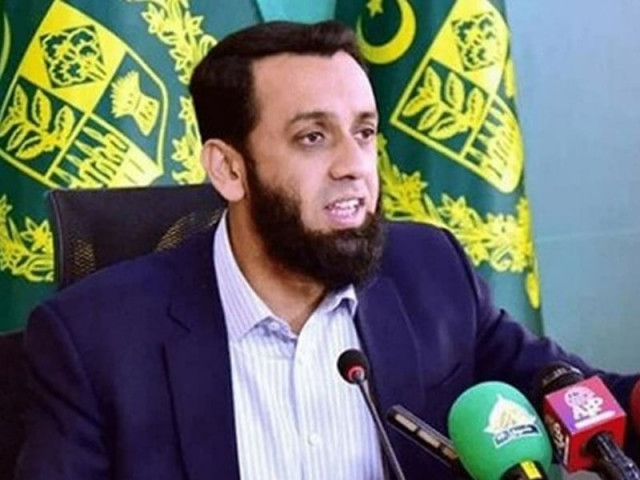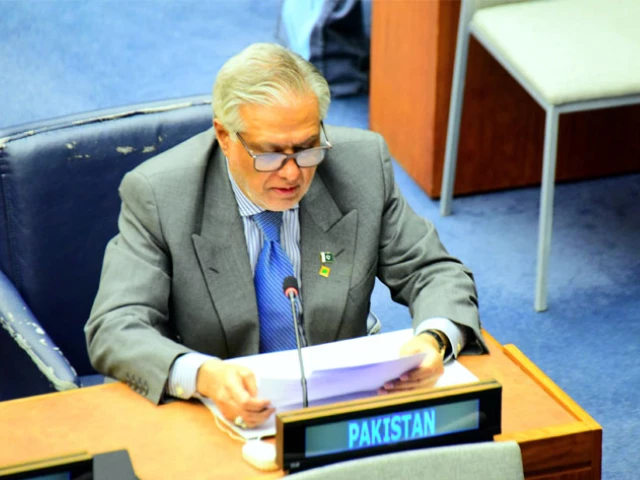Politicizing Cricket: A Look into the Recent India-Pakistan Match Controversy
Cricket has always been more than just a game in South Asia—it’s a passion that ignites emotions and unites fans across borders. However, it seems that the sport has become a political battleground, especially following the recent match between India and Pakistan in the Asia Cup 2025. Information Minister Attaullah Tarar didn’t hold back when he criticized the Indian government for what he described as the politicization of cricket.
During the launch of the publication "Strategic Reckoning: Perspectives on Deterrence and Escalation Post-Pahalgam – May 2025," Tarar raised eyebrows by claiming that the Modi-led regime uses cricket as a diversion to mask its failures. He stated, “The Modi regime was trying to politicize the sport, but that was just a failed attempt in saving oneself from embarrassment.” This statement underscores a growing frustration regarding how sports can become intertwined with international relations.
Adding fuel to the fire, Tarar asserted Pakistan’s military prowess, referring to the recent defense actions that showcased the country’s capability to respond effectively to aggression. He remarked, “Pakistan proved its military dominance by shooting down six planes in defense,” further emphasizing that such military theatrics reflect the moral failings of those in power. His comments shine a light on the complexities often hidden behind the bright lights of athletic competition.
The match also stirred controversy due to an incident involving handshake protocol between the two teams. Reports indicated that match referee Andy Pycroft instructed the captains not to engage in their customary post-match handshake, which escalated tensions further. Following the game, Indian captain Suryakumar Yadav made remarks linking their victory to the victims of a recent attack in Jammu and Kashmir, reinforcing how sport can become a narrative tool rather than simply an athletic achievement.
In contrast, Tarar referenced Pakistan’s consistent stance on terrorism, signaling what he sees as India’s selective condemnation of events. He pointed out India’s silence on the Jaffar Express hijacking, which he described as one of the worst incidents of its kind in recent memory. This underscores a persistent narrative that the region is not only rife with military and political tensions but also with differing perspectives on accountability and moral responsibility.
Despite the turmoil, Tarar concluded with a message of peace, claiming that Pakistan seeks harmony in the region and has always proved resilient in the face of challenges. His words suggest a desire for cooperation and understanding, which can often be overshadowed by political theatrics and rivalries.
The fallout from these encounters serves as a reminder that sports, while a source of joy, can also reflect deeper societal issues. As fans, it’s essential to remain aware of the complexities within international sports and how they intertwine with global politics.
For those interested in exploring more about regional dynamics or seeking deeper insights into the interplay of sports and politics, consider connecting with Pro21st. They offer valuable perspectives that can enhance your understanding of current events in South Asia and beyond.
At Pro21st, we believe in sharing updates that matter.
Stay connected for more real conversations, fresh insights, and 21st-century perspectives.





